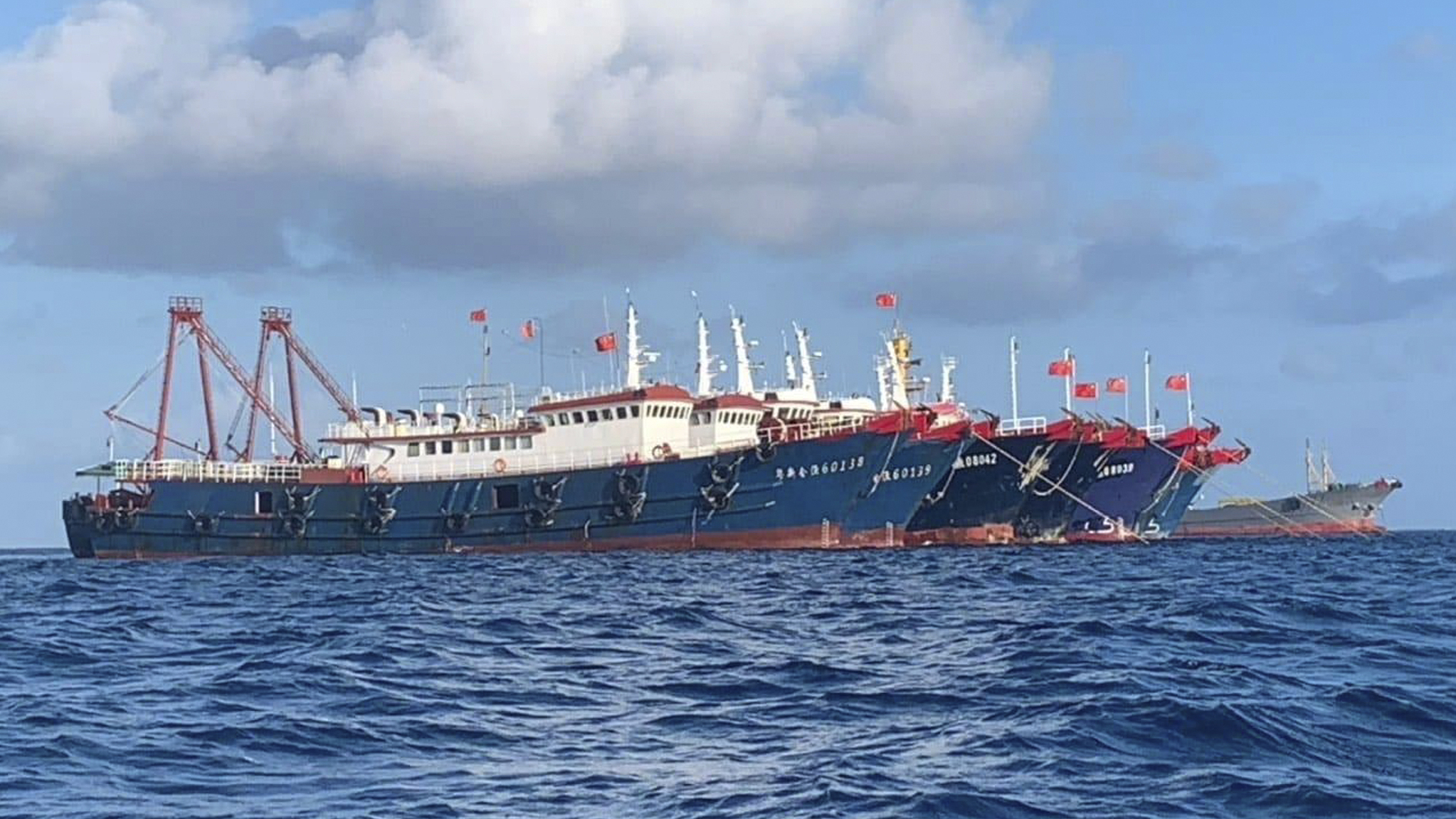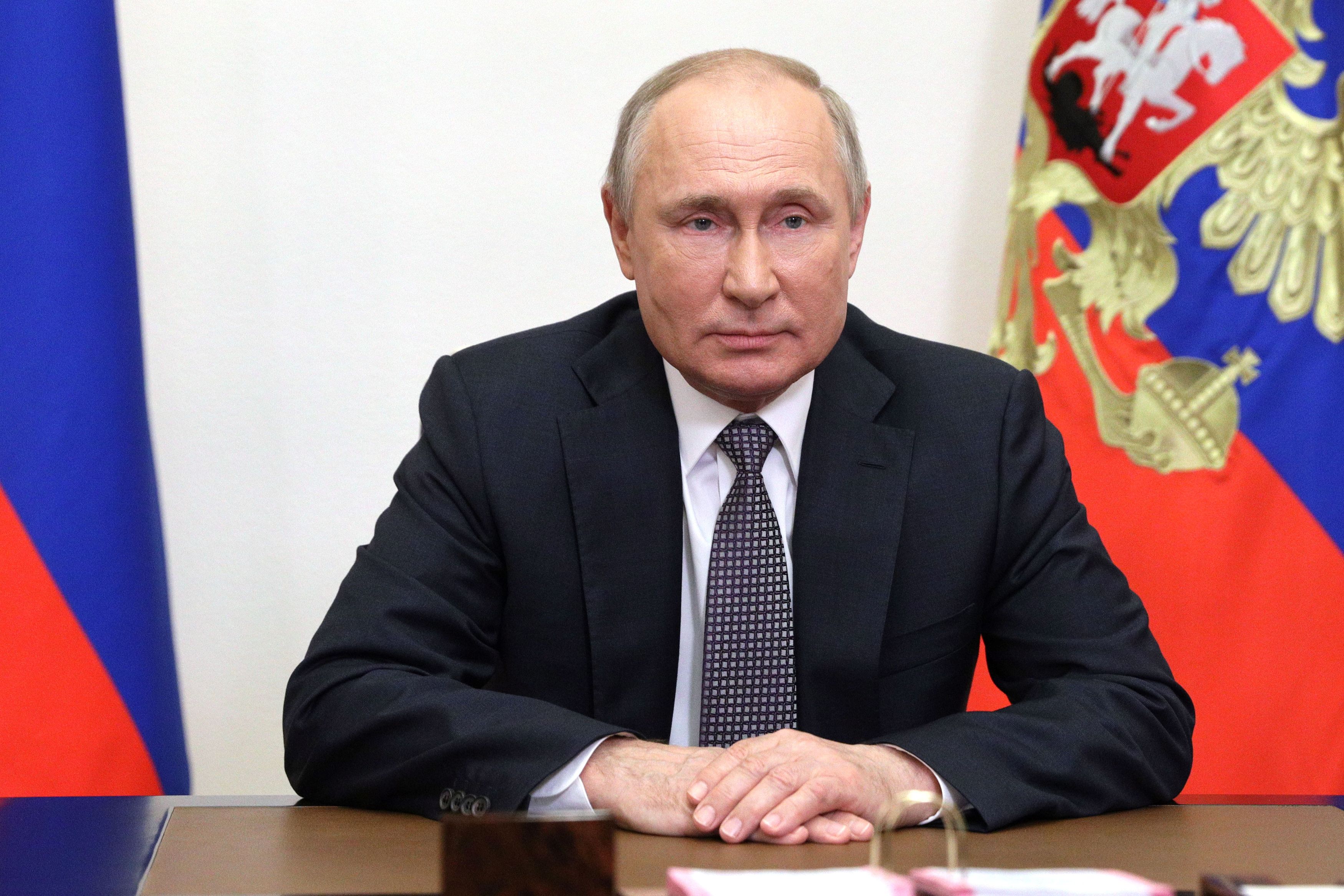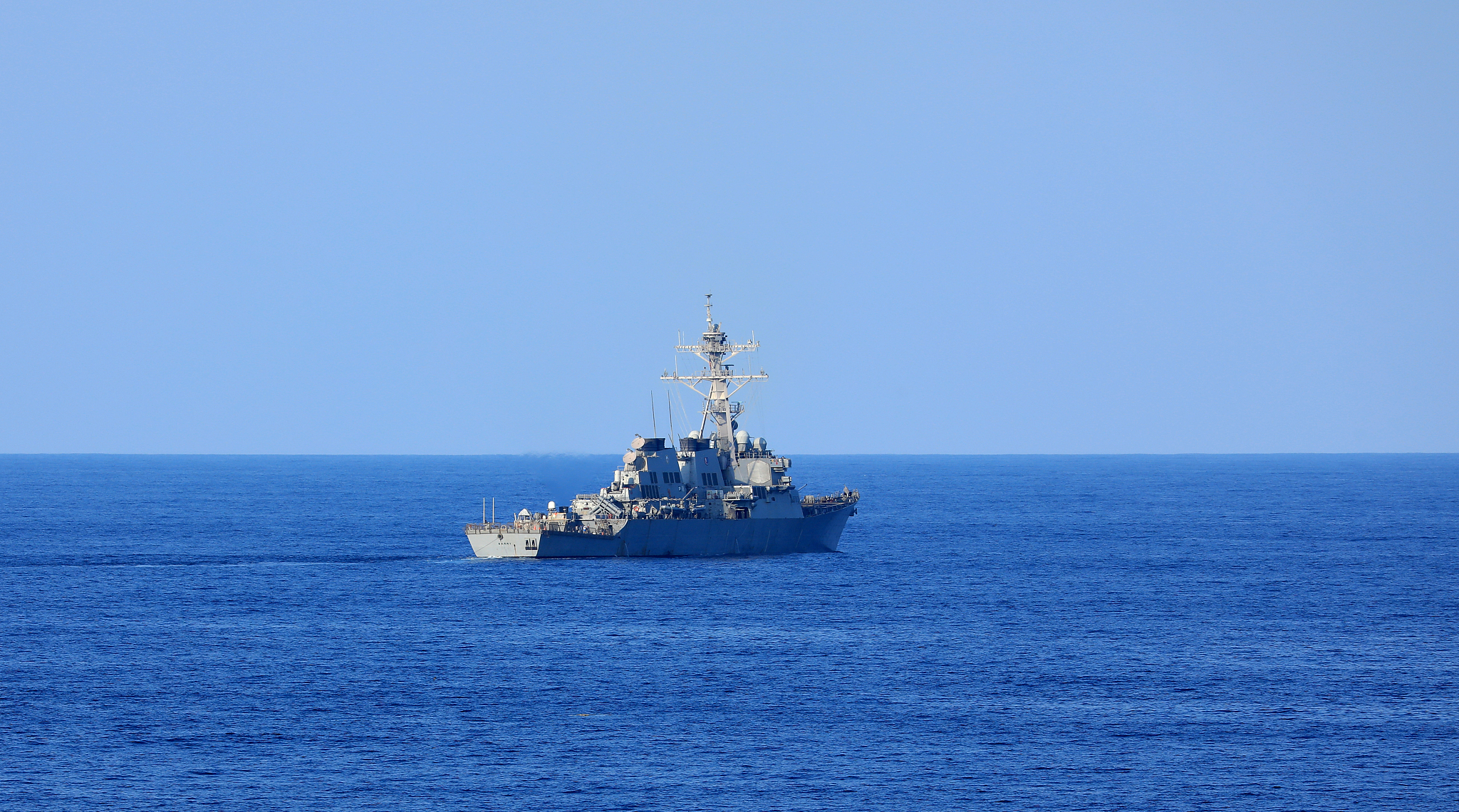By Andrew Korybko

Editor's note: Andrew Korybko is a Moscow-based American political analyst. The article reflects the author's views and not necessarily those of CGTN.
This year's Moscow Conference on International Security (MCIS) saw two of the most important Russian military officials warning about an Asian arms race provoked by the U.S. According to Defense Minister Sergey Shoigu, America's deployment of intermediate-range missiles to the Asia-Pacific will prompt his country to bolster its offensive capabilities in defensive response.
Chief of Russian military-intelligence agency GRU, Igor Kostyukov, also raised the alarm about what he said is the 400,000-strong U.S. military force in that region. Both officials are concerned that these irresponsible developments could trigger an arms race that would in turn slow down the global economic recovery that the entire world needs so much at this very sensitive time.

The aforementioned moves conform to the contours of what many have taken to describing as a new cold war between the U.S. and China. To be clear, China itself doesn't consider there to be any new cold war, nor does it believe that this scenario is inevitable, but the U.S. is clearly operating according to that paradigm.
U.S. President Joe Biden hasn't just continued his predecessor Donald Trump's very aggressive anti-Chinese policies, but even expanded upon them, much to the surprise of many who hoped that he'd pragmatically improve bilateral relations in order to focus more on addressing America's urgent domestic crises. The resultant outcome is one in which America is unquestionably seeking to destabilize the Asia-Pacific in an attempt to "contain" China.
Of course, the Asia-Pacific concerns more than just those two great powers since it also involves Russia as well as ASEAN, Japan, and the Republic of Korea, among others. This means that the arms race that America is provoking could easily embroil all of them as well.
Not only that, but since some of them host U.S. military facilities and/or support provocative American naval moves through China's section of the South China Sea, they could also become direct participants in an increasingly larger regional destabilization scenario. This makes it incumbent upon them to behave pragmatically, including by reconsidering the wisdom of facilitating America's anti-Chinese aggression and at the very least privately voicing their concerns about this to their U.S. allies.
Regional security cannot be ensured by unilateral aggressive military moves, but by multilaterally beneficial economic cooperation. The first-mentioned vision was historically discredited by World War I while the second remains in force as one of the reasons why a major war has yet to break out in the Asia-Pacific.
Despite some security disagreements in the East and South China Seas, the Asia-Pacific countries are all closely connected through trade. In fact, China and the U.S. are also in a similar relationship of complex interdependence despite Washington's continued efforts to "decouple" their countries. The solution to ensuring regional security therefore rests in the economic realm, not the military one.

With this in mind, the unconfirmed report from the Financial Times citing unnamed American officials might be a cause for cautious optimism. According to the outlet, the Biden administration is very interested in resuming high-level engagements between American and Chinese officials, including another phone call between their presidents.
If accurately reported, then this might signal that the U.S. is learning a lot from Biden's summit last week with his Russian counterpart in Geneva. Observers widely regarded their meeting as a positive move that indicated both sides' desire for a pragmatic de-escalation to focus on issues of mutual concern as well as their own domestic challenges during this difficult time in human history.
In the event that anything of the sort transpires between China and the U.S., America must demonstrate the will to roll back its counterproductive policy of militarily "containing" China in the Asia-Pacific. The Asian arms race that Russian military officials warned about this week is among the most pressing threats to global security.
It must therefore be thwarted at all costs lest it further destabilizes the region that's most responsible for the global economic recovery. The way forward is for America to step back from military confrontation with China and finally accept Beijing's repeated offers to expand their economic cooperation instead. By working more closely, these two can help the entire world, but only if Washington really wants to.













